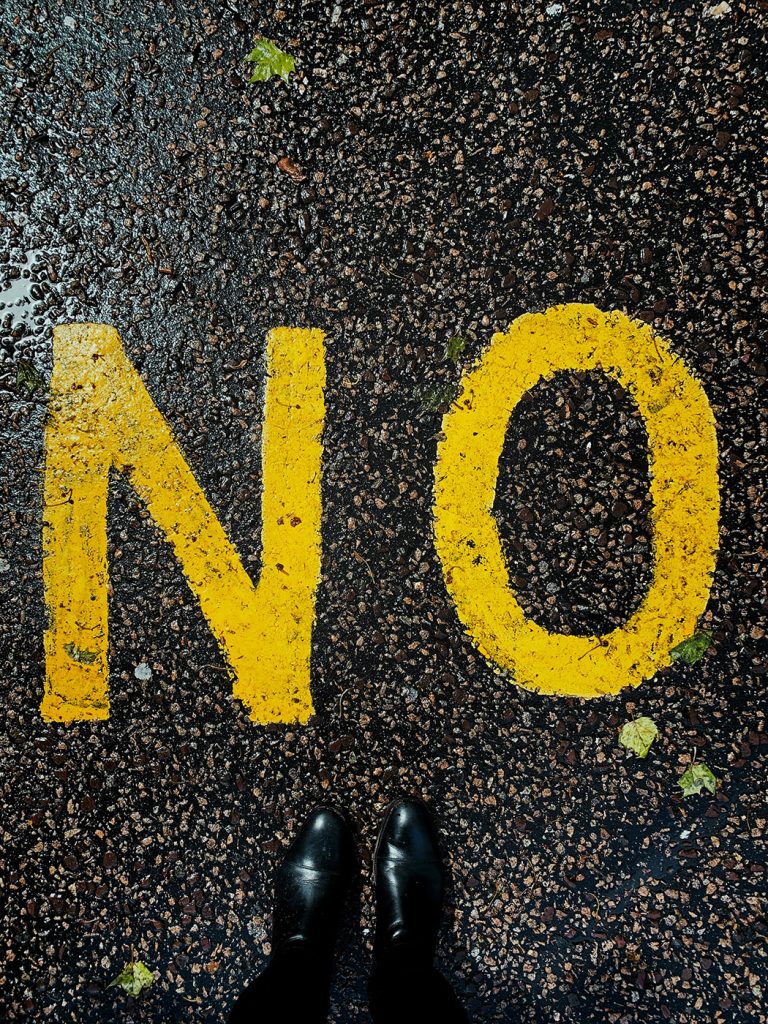By: Rev. Cameron Trimble, CEO of Convergence
Sink, So As To Rise
There are circumstances that must shatter you;
And if you are not shattered, then you have not understood your circumstances.
In such circumstances, it is a failure for your heart not to break.
And it is pointless to put up a fight, for a fight will blind you to the opportunity that has been presented by your misfortune.
Do you wish to persevere pridefully in the old life?
Of course you do: the old life was a good life.
But it is no longer available to you. It has been carried away, irreversibly.
So there is only one thing to be done.
Transformation must be met with transformation.
Where there was the old life, let there be the new life.
Do not persevere.
Dignify the shock.
Sink, so as to rise.
Leon Wieseltier, from his book, Kaddish
The re-election of Donald Trump to the presidency presents an unprecedented crisis for American democracy. During his first tenure, the institutional guardrails of our nation’s rule of law and constitutional freedoms held, though strained. Now, with those same guardrails weakened, the institutions that have guided this country for over two centuries are poised to fail, and may fail faster than we can predict. We must not underestimate what this moment requires of us.
All of these dynamics, including unleashed racism and misogyny, are exacerbated by one new factor that past civilizations have never had to confront: climate change. As global temperatures rise, ecosystems degrade, and extreme weather events increase, communities are pushed to their limits. Climate change adds a layer of urgency and complexity to our existing crises. Regardless of political leadership, we are facing a future shaped by climate instability. The election of Trump, however, accelerates that trajectory, as policies that ignore or exacerbate environmental damage bring us closer to irreversible ecological tipping points.
Historian Heather Cox Richardson writes, “Authoritarianism rises when democracy fails to deliver for the people.” This moment was foreshadowed decades ago, dating back to the 1970s, when America shifted from policies that supported the common good to ones that prioritized the economic elite. Supply-side economics, promoted under Ronald Reagan, widened the gap between the “haves” and the “have-nots,” shifting the nation’s wealth dramatically to a small, powerful elite. Left behind were working- and middle-class people, who now find themselves working harder for less. Without economic opportunity or security, resentment has deepened among those who feel forgotten and marginalized.
Social anthropologist Margaret Wheatley’s observations on social collapse resonate here. She warns, “In times of collapse, leaders increasingly withdraw resources from the many to protect the few.” We’re seeing this pattern as elites control resources, information, and influence, often deflecting the frustration of the struggling working class toward minority groups. Social media amplifies these narratives, converting fear into hatred and polarization, while elites offer themselves as the saviors from the very threats they have manufactured.
Peter Turchin’s research on social and political cycles offers a clear warning: periods of intense inequality, unrest, and elite overreach often lead to political disintegration and collapse. Turchin’s work demonstrates that societies follow cycles of cooperation and fragmentation. When elites accumulate excessive power at the expense of the common good, systems begin to decay. Turchin argues that we are entering a period of “elite overproduction,” where too many people at the top seek power, wealth, and control, creating instability that threatens the entire social structure. The election of Trump opens the floodgates of the wealthy to compete for control, at the sacrifice of the rest of us.
Yet, as history shows, we can choose how we ride out these challenging years ahead. We have agency, resilience, and the capacity for organized, meaningful resistance. One question is: what actions can we take that would make a difference? Here are seven critical steps:
- Strengthen Our Local Communities
- Leverage Local and State Government to Serve Its People
- Support Independent Journalism and Civic Education
- Prepare for Civil Resistance and Democratic Resilience
- Stand Firm for Social Justice and Vulnerable Populations
- Cultivate Personal Resilience and a Commitment to Generosity, Creativity, and Kindness
- Embrace Climate Action and Environmental Regeneration
In the face of societal and political turbulence, congregations can play vital roles in fostering justice, resilience, and community connection. In our next article, we will offer several pathways or streams that congregations might consider, each providing a unique approach to meeting the needs of this era. Congregations may focus on one stream or blend elements of multiple streams, depending on their community’s strengths and values.
We hope you will continue to monitor this space and engage with us as we offer approaches for individuals and congregations. Convergence will continue to expand on this document and offer potential solutions for engagement. Let us know if you would like to receive the full report as a white paper. Estimated delivery is November 18, 2024.




Comments
thank you!
Thank you for these communications….deeply appreciated.
Thank you.
I’m interested in how we as a society can stand up to this dictatorship that’s been put into office. As a pastor, I want to have some tools to give my congregation.
Your remarks resound with my outlook for the future. I hope enough people stand up for our democratic ideals to make a difference. I am 88 years old so cannot be active anymore, but I am praying.
Really appreciate this reflection. So easy to feel cut off from the “Great Turning” described by Joanna Macy, in which all people of good will are responding to this time of crisis….